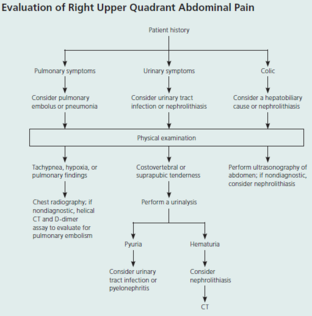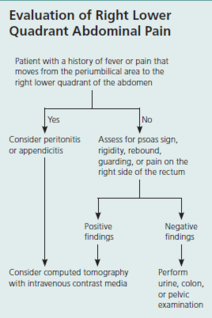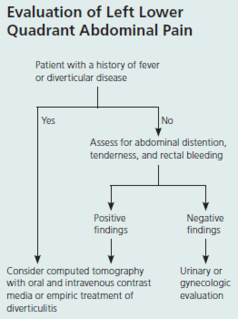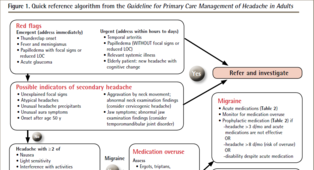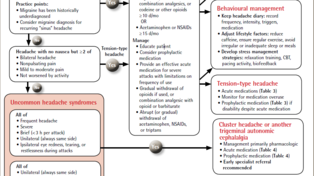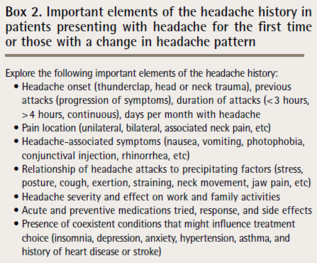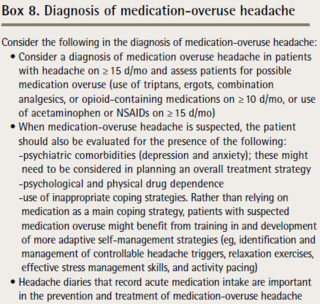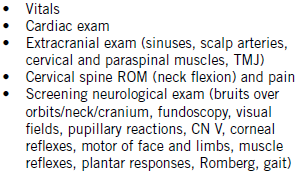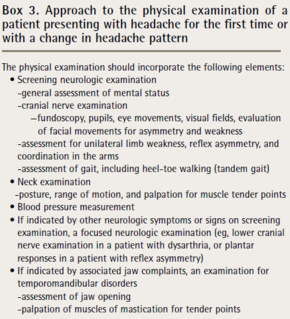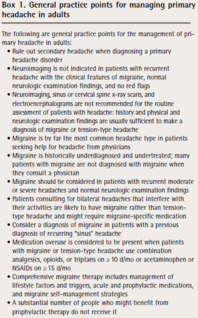Edited, memorised or added to reading queue
on 23-Sep-2016 (Fri)
Do you want BuboFlash to help you learning these things? Click here to log in or create user.
| status | not read | reprioritisations | ||
|---|---|---|---|---|
| last reprioritisation on | suggested re-reading day | |||
| started reading on | finished reading on |
Article 1400610622732
Jiddu Krishnamurti - Nowe podejście do życia
#filozofia
Nowe podejście do życia Nowe podejście do życia Przemówienie radiowe w Madrasie 16 kwietnia 1947 Zdajemy sobie dobrze sprawę z chaosu i cierpienia, jakie panują w nas samych i wokół nas. Chaos ten, z punktu widzenia politycznego i społecznego, nie jest przejściowym kryzysem, jakich wiele bywało w historii, lecz przełomem o wyjątkowej doniosłości. W różnych okresach historii miewaliśmy wojny, ekonomiczne zastoje i wstrząsy społeczne. Dzisiejszego kryzysu nie można porównać do tamtych, powtarzających się co pewien czas zaburzeń, gdyż nie jest on zjawiskiem zachodzącym w jakimś poszczególnym kraju, ani też wynikiem jakiegoś jednego systemu, religijnego czy społecznego; jest to katastrofa sięgająca samej istoty wartości i znaczenia człowieka. Nie należy więc myśleć o kompromisowych wyjściach, o łataniu tego co jest reformami, ani też usiłować zastąpić jeden system drugim. Aby móc stan dzisiejszy zrozumieć, musimy sami przejść rewolucję uczuć i myśli. Bowiem nie tylko zewnętrzne wypadki - jakkolwiek stras
| status | not read | reprioritisations | ||
|---|---|---|---|---|
| last reprioritisation on | suggested re-reading day | |||
| started reading on | finished reading on |
Jiddu Krishnamurti - Nowe podejście do życia
amego chaosu i nędzy. Do obecnego stanu tarć i walk przywiodło nas nadawanie największej wagi wartościom materialnym i zmysłowym, a te sprowadzają zawsze tępotę myśli i chłód serca i czynią życie nasze beztwórczym i mechanicznym. <span>Pożywienie, odzież, mieszkanie, nie są celem samym w sobie: lecz stają się nim, gdy nie rozumiemy czym jest człowiek jako istota psychiczna. Odrodzenie może przyjść tylko wówczas, gdy człowiek, jako jednostka, jasno zrozumie, jakie czynniki ograniczają jego myśl i uczucia. Ograniczenia te sami sobie stwarzamy, bowiem cała nasza umysłowość wciąż dąży do zabezpieczenia się, za pomocą własności, rodziny, idei czy wierzeń. Owo psychologiczne zjawisko nieustannego dążenia do bezpieczeństwa wytwarza konieczność doskonalenia i pomnażania przedmiotów - wytworów myśli i rąk. Przedmioty, podobnie jak imię, rodzina, wiary i przekonania, nabierają ogromnego znaczenia, gdyż w nich szukamy zadowolenia i szczęścia, a gdy nie mogą nam tego dać, myśl stwarza sobie inne, wyższe formy wierzeń i zabezpieczeń się. Ale dopóki wciąż dążymy do własnej ochrony i bezpieczeństwa, na zrozumienie istotnego stosunku człowieka da człowieka nie ma miejsca; stosunek ten sprowadza się wówczas do szukania własnej przyjemności i zadowolenia, a nie jest procesem odkrywania siebie. Zrozumienie istotnych stosunków pomiędzy ludźmi jest niezmiernie ważne. Nie ma życia w odosobnieniu. Istnieć znaczy być w pewnym stosunku do wszystkiego co nas otacza; nie ma istnienia b
| status | not read | reprioritisations | ||
|---|---|---|---|---|
| last reprioritisation on | suggested re-reading day | |||
| started reading on | finished reading on |
| status | not read | reprioritisations | ||
|---|---|---|---|---|
| last reprioritisation on | suggested re-reading day | |||
| started reading on | finished reading on |
| status | not read | reprioritisations | ||
|---|---|---|---|---|
| last reprioritisation on | suggested re-reading day | |||
| started reading on | finished reading on |
| status | not read | reprioritisations | ||
|---|---|---|---|---|
| last reprioritisation on | suggested re-reading day | |||
| started reading on | finished reading on |
| status | not read | reprioritisations | ||
|---|---|---|---|---|
| last reprioritisation on | suggested re-reading day | |||
| started reading on | finished reading on |
| status | not read | reprioritisations | ||
|---|---|---|---|---|
| last reprioritisation on | suggested re-reading day | |||
| started reading on | finished reading on |
| status | not read | reprioritisations | ||
|---|---|---|---|---|
| last reprioritisation on | suggested re-reading day | |||
| started reading on | finished reading on |
| status | not read | reprioritisations | ||
|---|---|---|---|---|
| last reprioritisation on | suggested re-reading day | |||
| started reading on | finished reading on |
| status | not read | reprioritisations | ||
|---|---|---|---|---|
| last reprioritisation on | suggested re-reading day | |||
| started reading on | finished reading on |
| status | not read | reprioritisations | ||
|---|---|---|---|---|
| last reprioritisation on | suggested re-reading day | |||
| started reading on | finished reading on |
| status | not read | reprioritisations | ||
|---|---|---|---|---|
| last reprioritisation on | suggested re-reading day | |||
| started reading on | finished reading on |
| status | not read | reprioritisations | ||
|---|---|---|---|---|
| last reprioritisation on | suggested re-reading day | |||
| started reading on | finished reading on |
| status | not read | reprioritisations | ||
|---|---|---|---|---|
| last reprioritisation on | suggested re-reading day | |||
| started reading on | finished reading on |
| status | not read | reprioritisations | ||
|---|---|---|---|---|
| last reprioritisation on | suggested re-reading day | |||
| started reading on | finished reading on |
Flashcard 1400688217356
| status | not learned | measured difficulty | 37% [default] | last interval [days] | |||
|---|---|---|---|---|---|---|---|
| repetition number in this series | 0 | memorised on | scheduled repetition | ||||
| scheduled repetition interval | last repetition or drill |
Parent (intermediate) annotation
Open itthe objectification of emotion generally has been undertaken most effectively in studies that stress the cultural construction of emotion in religion. Researchers have for several decades ex- perimented with strategies for identifying local <span>codes of emotional life and their linkages to religion. Researchers also have been attentive to the risk of steering analysis too far into constructionist interpretation that might miss emot
Original toplevel document (pdf)
cannot see any pdfs| status | not read | reprioritisations | ||
|---|---|---|---|---|
| last reprioritisation on | suggested re-reading day | |||
| started reading on | finished reading on |
| status | not read | reprioritisations | ||
|---|---|---|---|---|
| last reprioritisation on | suggested re-reading day | |||
| started reading on | finished reading on |
| status | not read | reprioritisations | ||
|---|---|---|---|---|
| last reprioritisation on | suggested re-reading day | |||
| started reading on | finished reading on |
| status | not read | reprioritisations | ||
|---|---|---|---|---|
| last reprioritisation on | suggested re-reading day | |||
| started reading on | finished reading on |
| status | not read | reprioritisations | ||
|---|---|---|---|---|
| last reprioritisation on | suggested re-reading day | |||
| started reading on | finished reading on |
| status | not read | reprioritisations | ||
|---|---|---|---|---|
| last reprioritisation on | suggested re-reading day | |||
| started reading on | finished reading on |
| status | not read | reprioritisations | ||
|---|---|---|---|---|
| last reprioritisation on | suggested re-reading day | |||
| started reading on | finished reading on |
| status | not read | reprioritisations | ||
|---|---|---|---|---|
| last reprioritisation on | suggested re-reading day | |||
| started reading on | finished reading on |
| status | not read | reprioritisations | ||
|---|---|---|---|---|
| last reprioritisation on | suggested re-reading day | |||
| started reading on | finished reading on |
| status | not read | reprioritisations | ||
|---|---|---|---|---|
| last reprioritisation on | suggested re-reading day | |||
| started reading on | finished reading on |
